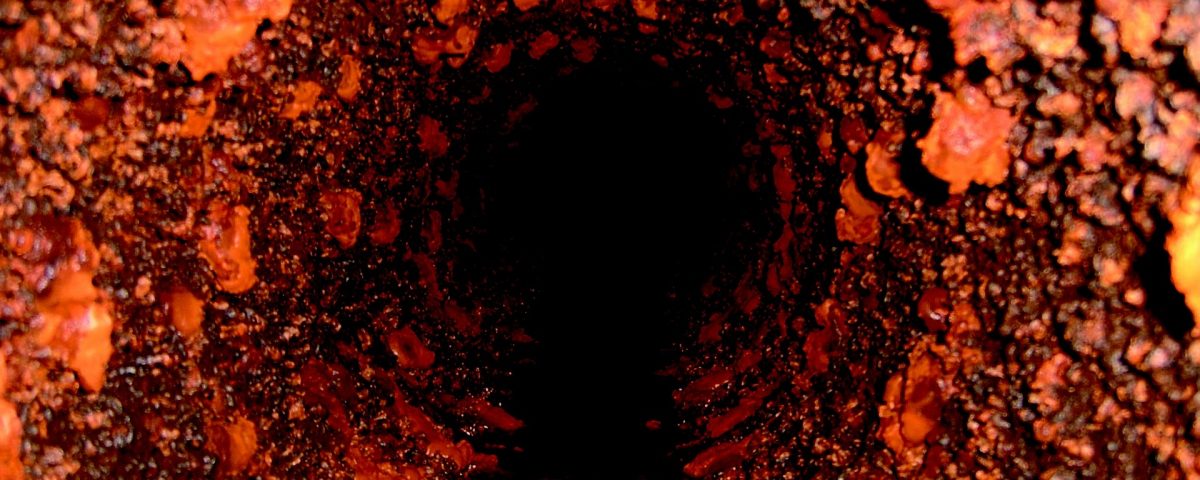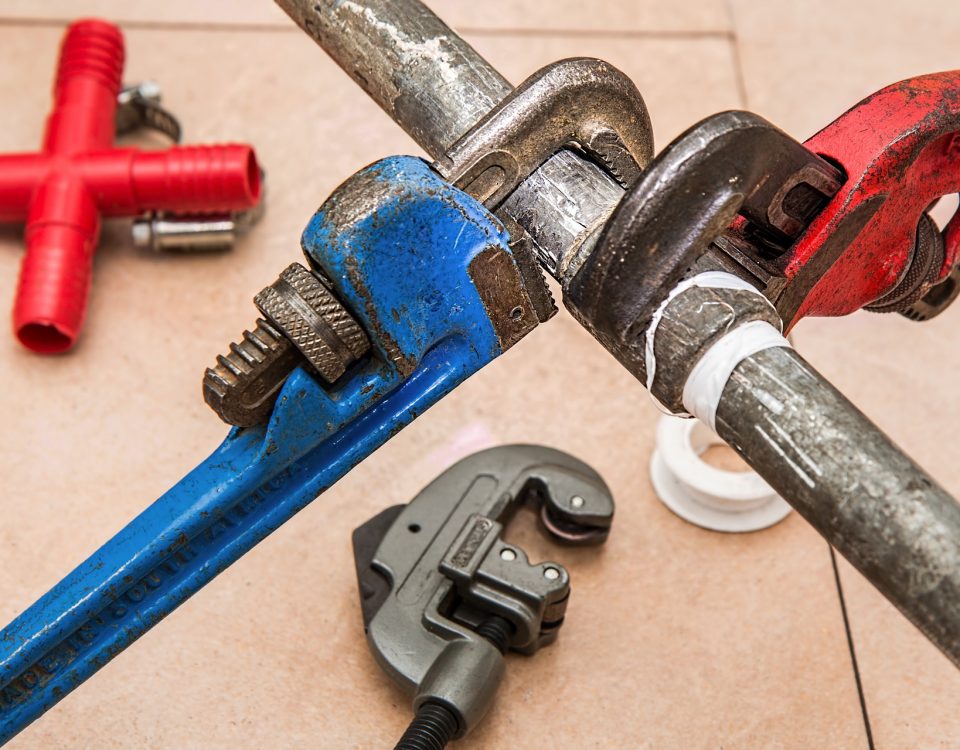What You Need to Know About Power Flushing

The Best Care You Can Give to Your Boiler
October 18, 2018
What You Need to Know About Carbon Monoxide
November 14, 2018Over time, as your boiler and central heating system age, rust and debris (known as sludge) can gather within your boiler, pipes and radiators. A radiator flush, or a power flush of the system, is the process of cleaning out this sludge.
What is a Radiator Flush or a Power Flush?
These terms are used interchangeably and typically mean the same thing. In short, it is the process undertaken to rid your central heating system of sludge which naturally accumulates.
The purpose of cleaning out the sludge is to ensure your heating system is working at optimum efficiency. Sludge, accumulating in various areas of your radiators or heating system, can cause uneven distribution of heat at best.
Excessive sludge build up can also, in worse case scenarios, cause blockages and permanent damage. These costly problems can be prevented through relatively low cost power flushing now and then.
A power flush itself involves water and chemicals being sent through the entire system, at speed. This will dislodge and ‘flush out’ the sludge and debris.
When is it Needed?
Our heating systems usually present tell-tale signs when maintenance is needed. It’s important to act on these signs in a timely manner.
There are certain pieces of evidence which will highlight the need for a radiator flush:
- When you bleed a radiator no water escapes (it is trapped at the exit by the sludge) or there are small leaks in the radiator.
- There is cold at the bottom of your radiators or some radiators take longer to heat than others.
- The heating system, or the boiler itself, is noisy.
- Pipes are hot but the radiators themselves are cold.
- Your heating takes a long time to come up to temperature.
- The water from your hot taps, or when you bleed the radiators, is cloudy or rust-coloured, or contains debris.
The easiest and most reliable way of knowing if there is a build-up of sludge in your central heating system is by having a boiler service. The Gas Safe engineer is best placed, at the annual service, to tell if there is a build-up of rust and debris. If this is the case they will explain the purpose of a power flush and what it entails, before recommending that you have this done.
Part of their knowledge sharing will be to explain where, as a result of sludge, leaks may appear in the future.
How Often is a Flush Needed?
If you look after your boiler with an annual boiler service then the good news is that you will probably only need a power flush around every 5 years. However, there are some caveats to this, particularly regarding the composition of the components on your boiler. For example, copper components are more durable than stainless steel.
It is also worth having a flush prior to a new boiler being installed. This prevents old sludge causing problems in the new boiler.
When compared to the high cost of problems that a power flush can prevent, itself is a worthy maintenance expenditure.
The Benefits
The benefits of a power flush are wide ranging and can help you understand why it is worth doing, and worth investing in before problems really occur.
The benefits include:
- Increased efficiency.
- Reliability in your heating system, particularly during the most hard-working winter months.
- Increased life of your boiler and central heating system.
- Reduction in unexpected breakdowns which tend to be costly to repair.
- Increased heat from radiators, more quickly, as well as higher hot water temperatures.
- A quieter system.
Who Can Perform a Power Flush?
There’s nothing, legally, preventing you from carrying out a power flush yourself (as long as you don’t take the front cover of the boiler off). However, it’s rarely a completely straight forward process, and carrying it out by yourself can be tricky. Additionally, most home owners are unlikely to have the right equipment for the job.
It is therefore best to use a local and reliable Gas Safe engineer to carry out the task. This particularly makes sense if the company has carried out your annual boiler service and advised this step.
At a power flush, the engineer will put a pump on your heating system which will allow the chemicals and water required to enter the pipes, radiator and boiler at speed. The chemical combination includes agents needed to dislodge rust and sludge as well as a descaler which helps to remove limescale which builds in the system. Furthermore, additional chemicals include a corrosion inhibitor to help prevent further rust.
As a result, the liquids coming back out of the system following a power flush are dirty! This is another reason not to attempt power flushing yourself. An experienced engineer will be able to collect the water and chemicals, and dispose of them appropriately.
For Your Peace of Mind
Before an engineer commences, they should measure the temperature of your radiators. This enables you to see the improvements made. The work is usually completed in one day. Your engineer should inform you if they find additional problems and any corrective measures which need to be taken, many of which they will be able to complete on the spot.
Finally, there is one further reason why it is sensible to use a specialist heating engineer to carry out your power flush. Sometimes a manufacturer’s warranty, or even your insurance cover, can be compromised by you attempting a power flush yourself.
How to Arrange a Power Flush
It’s always important to have a regular annual boiler service. During this service, your engineer will let you know if they believe a power flush will be necessary and explain why. You can then book this service in, before other problems present.
Arrange your power flushing, or an annual boiler service, by calling us on 0333 939 0161.





